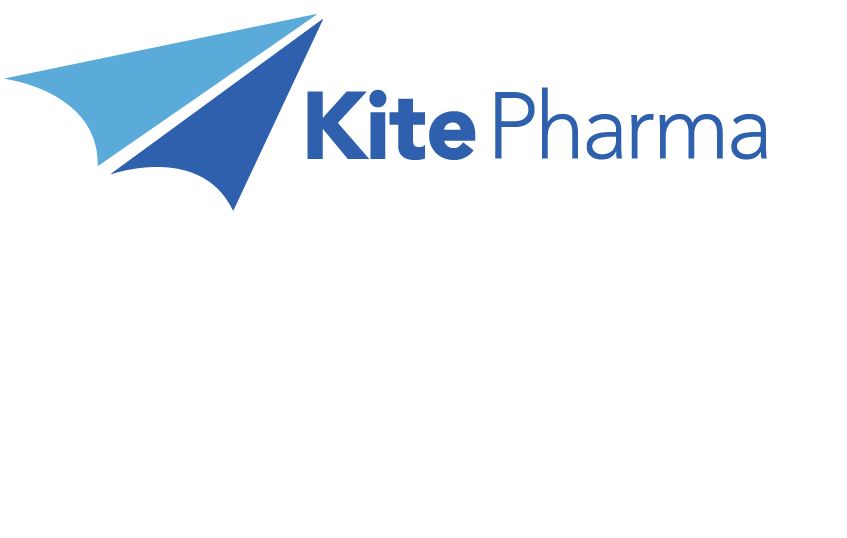Kite and Fosun appoint leader for CAR-T debut in China

CAR-T specialist Kite and its partner in China are laying the foundations for the launch of its groundbreaking cancer treatment in the country.
California –based Kite has set up a 50/50 joint venture with China’s Fosun to develop manufacture and market autologous T-cell therapies in China, including Kite’s lead pipeline therapy axicabtagene ciloleucel.
Richard Wang has been named as chief executive of the joint venture, named Fosun Kite Biotechnology.
Wang has extensive experience in the industry including roles at Procter & Gamble, Bristol-Myers Squibb, Astra Zeneca and GlaxoSmithKline.
He most recently served as COO of Cellular Medicine Group – a US listed immune-oncology and cell therapy company with operations in China.
This clearly makes him a good fit for the joint venture, which is still being registered in China. Dr Wang will establish business operations in Shanghai and build a senior leadership team to oversee technical operations and clinical development activities.
China is not known for adopting high priced, breakthrough medicines, as the government tends to keep a tight lid on reimbursement and prices.
However Chinese researchers have also been investing in CAR-T studies. This includes commercial company Innovative Cellular Therapeutics (ICT). The potential size of China's market means it cannot be ignored, and Kite Pharma and Fosun hope their tie-up will put them in pole position.
Kite set for first CAR-T approval in US
The progress in China comes just days after Kite released new six months data for its lead candidate, which analysts believe makes it now odds-on to be the first CAR-T to be approved by the US FDA.
Kite has its nose ahead in the race to market a chimeric antigen receptor (CAR) T-cell therapy, where a patient’s own T-cells are modified to recognise and attack cancer.
The biotech expects to complete a rolling submission of axicabtagene ciloleucel with the FDA in non-Hodgkin’s lymphoma, due to be completed this quarter.
As the FDA has designated axicabtagene ciloleucel as a "breakthrough therapy", representing a significant improvement over standard care, and is therefore likely to grant a faster six-month review once the filing is complete.
Analysts Evaluate Pharma forecast the treatment could be earning $7.8 billion a year by 2022.
Novartis is close behind with its rival CTL019 – which is expected to be filed in the first half of this year.
Juno abandons lead therapy
But rival biotech Juno – also developing CAR-T therapies as part of a 10-year tie-up with Celgene – admitted last week it had finally ended development of its lead therapy, JCAR015.
Juno had been testing JCAR015 in acute lymphoblastic leukaemia – but Juno said in full year results last week that it had decided with Celgene to end development following five patient deaths in trials.
Juno initially blamed the deaths on chemotherapy preconditioning following three deaths in the summer, and restarted the trial with a revised protocol without fludarabine.
But Juno put the trial on hold again in November after two more deaths from the same cause of cerebral oedema.
Juno will now shift its focus to JCAR017 - it is aiming to begin a pivotal trial of this therapy in large B-cell lymphoma later this year.












